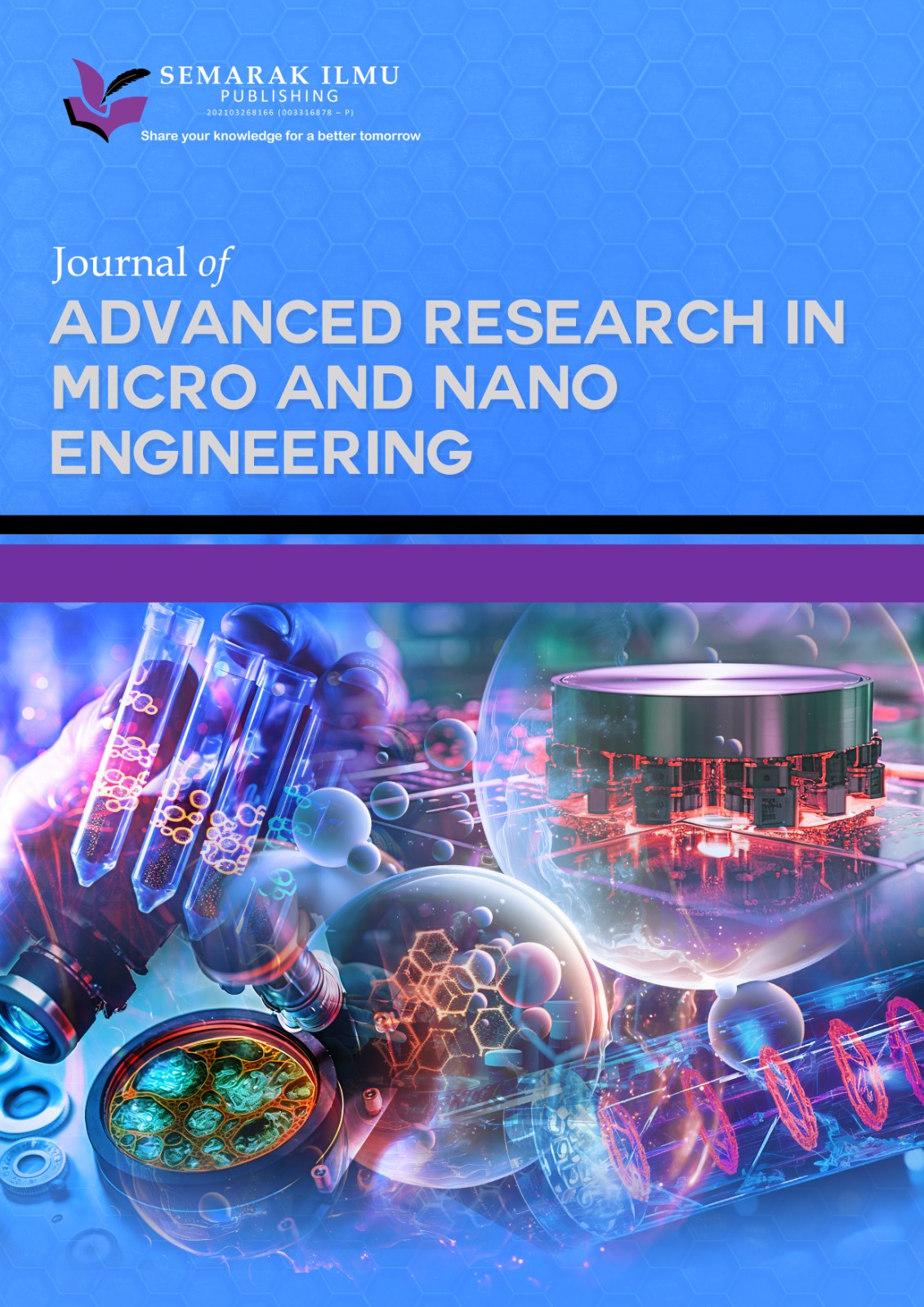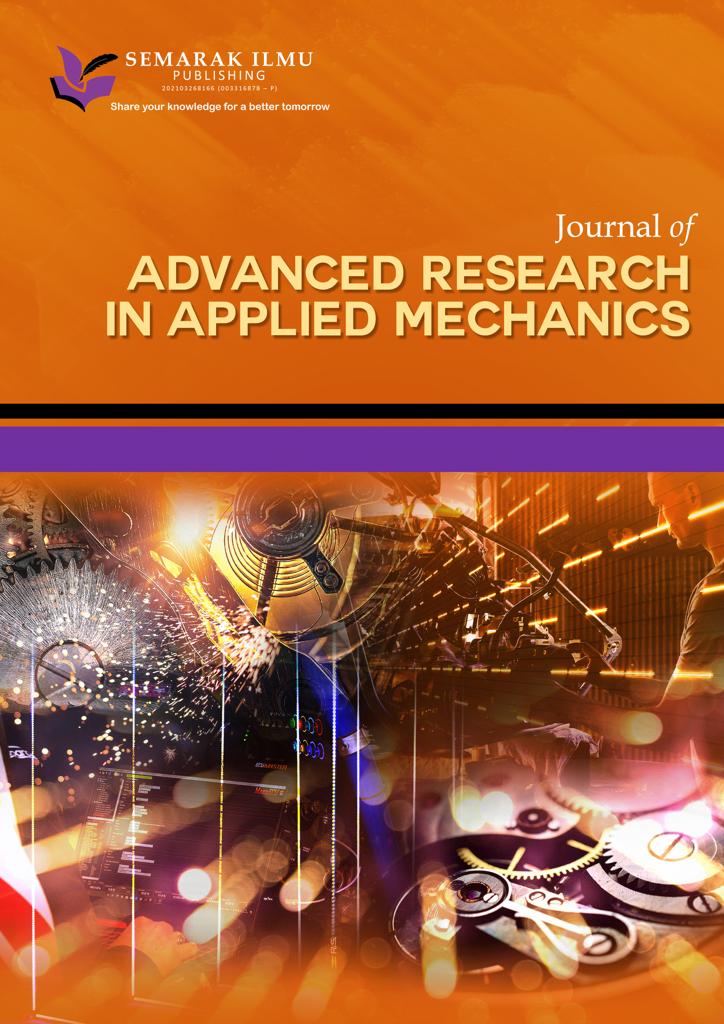Characterization of Vehicle Smart Fluidusing Gas Chromatography-Mass Spectrometry (GCMS)
Keywords:
smart fluid, magnetorheological fluid, gas chromatography , mass spectrometry, carrier fluidAbstract
The great properties of magnetorheological (MR) fluid haveamplified the request to create more type of MR fluid. Despite numerous studies suggesting many formulations in this area, their role in the vehicle industry is still far from ready for any practical applications. In this study, individual components of the carrier fluid in an original equipment manufacturer (OEM) smart fluid preferably acknowledged as MR fluid that contributes to the development of stress has been investigated. The carrier fluid components were identified through gas chromatography (GC) techniques coupled with mass spectrometry (MS) analysis over a range of retention time and computer matching with the National Institute of Standards and Technology (NIST) library. The data is statistically analysed to predict the potential material use as a carrier fluid in MR fluid. It was found that a total of seven components with a noble match and high probability were successfully identified. The MR fluid exhibited oily properties were related to the presence of alkane hydrocarbons components, of which Heptadecane (0.98%), Nonadecane (0.61%), Tetratetracontane (1.72%) and Eicosane (7.94%) respectively. The results also revealed that the number of additives present in the mixturewas more than one with a higher concentration percentage. The additives have a major influence on the overall magnetorheological effects of the MR fluid.
Downloads























